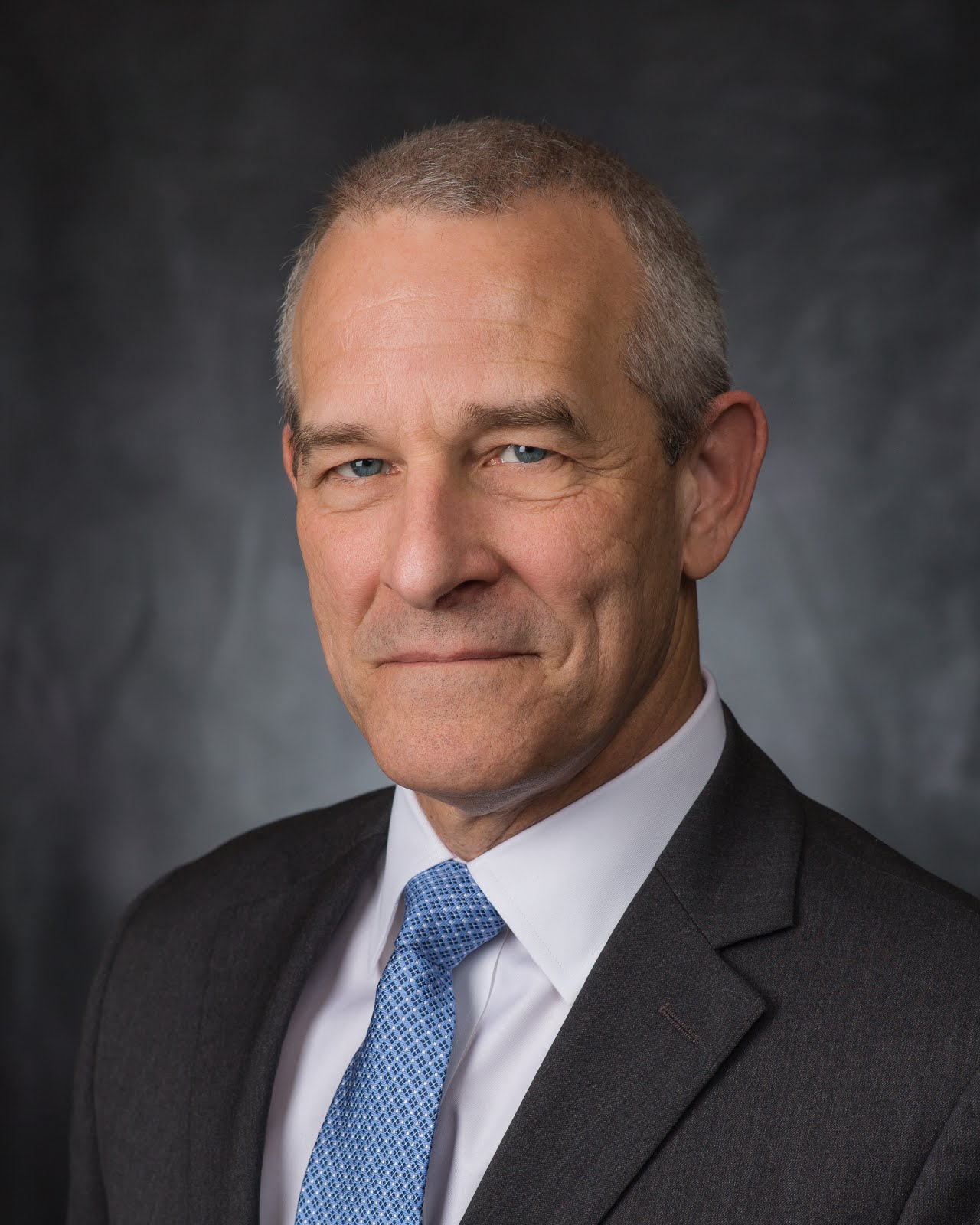The fourth New York snapshot involved another meeting with Rob and Barb Rogers in the Fall of 2001.
The
weather turned cold early his first fall in Syracuse. At least he thought it
was cold. When you grow up in a place that sits just above the equator with an
average temperature of 104 degrees twelve months a year, any temperature below
eighty feels like an arctic blast. By October, the temperature in upstate New
York rarely climbs above seventy. Lopez thought he had moved to the North Pole.
One
Saturday in October, he caught a break. The sun came out, the temperature
warmed, and the Rogers suggested they take advantage of the weather and spend
the day on the lake.
As
they ate chicken and floated on the lake, Rob said: “You know, this is pretty
much a perfect day.”
“We
never had days like this in Kakuma,” Lopez said. “It was always hot and dry.
The wind kicked up dust storms that made it hard to breathe. We didn’t have any
grass, only dirt.”
“That
had to be a hard place to live,” Barb said. Lopez could tell she had a lot of
questions, but she didn’t ask them. This was the first time that Lopez talked about
what life was like in the refugee camp. The Rogers never tried to get Lopez to
open up about what he’d been through. Lopez didn’t want to talk much about it
either. The past was the past. He had a new life in America.
However,
after four months in the Rogers’ home, Lopez realized he was not here by
mistake. Mom and Dad wanted him here. A little light clicked on for him during
the cross-country season. They came to every single meet. They never missed
one. No other parents came to all the meets. And they weren’t just there; they
cheered for him and celebrated when he won like he was their real son. That’s
when he started to understand that they genuinely loved and cared about him.
“Very
hard,” Lopez said. He took a deep breath and started talking. He talked for a
long time. The Rogers sat and listened. Lopez told them how the soldiers stole
him from his mother’s arms at church and took him to a prison camp. He told
them about the horrors in the prison camp. He told them about escaping in the
night with his three angels and his three-day run across the savannah. He
talked about day-to-day life in Kakuma and how he looked forward to Tuesday
trash day for his best meal of the week.
He
talked and talked. Barb cried. Rob fought back tears. That day on the lake, Rob
and Barbara Rogers stopped being two very nice but naïve people who allowed him
to live in their house. They became Lopez’ mom and dad.
Management Lesson #15 – Show Compassion
Compassion is one of the most
overlooked of all project management leadership traits. There is a tremendous
opportunity for your compassion to make a difference in how people view you and
how they view themselves. Showing compassion will lead to a better experience
with your staffs, create an experience that people remember (and like), create
commitment, and buy forgiveness – all of which make you a more effective
project manager.
The
final New York snapshot during these years, occurred in the early summer of
2003. Lopez was sitting in the backyard with two other lost boys that the
Rogers’ had adopted (both Sudanese from Kakuma) when an older Kakuma friend in
Syracuse called him. “Joseph, someone was in Kakuma today looking for you,” he
said.
“For
me,” Lopez asked. “Who could possibly have been looking for me in Kakuma?”
“Your
mother.”
At the
urging of Barb, Lopez called his mother on a cell phone of an official at the
refugee camp. His mother had not heard his voice since he was six years old. He
was now eighteen. She expected the voice of a child, not a full-grown man. “No,
this does not sound like my Lopepe. You must be the wrong child.”
“Mother,
it is me. Lopepe. The soldiers tore me from your arms when I was six years
old.” His voice cracked. Tears flowed down his face.
“Lopepe….you’re
alive,” his mother said.
“Yes,
Mother, I am alive.” Lopez wept. “And Father, is he…?” Lopez could not finish
his sentence.
“Yes,
he is alive. Where are you?”
“America,”
Lopez said.
This
encounter started a regular series of phone calls between Lopez and his mother.
She always asked when he was coming home. He answered that he cannot come back
to Africa now. She never understood how far away America was from Kakuma. They had a variation of this conversation at
the end of every phone call. She wanted Lopez back home. But Lopez could not go
back to Africa. He had a dream. He needed to run in the Olympics for the USA.
